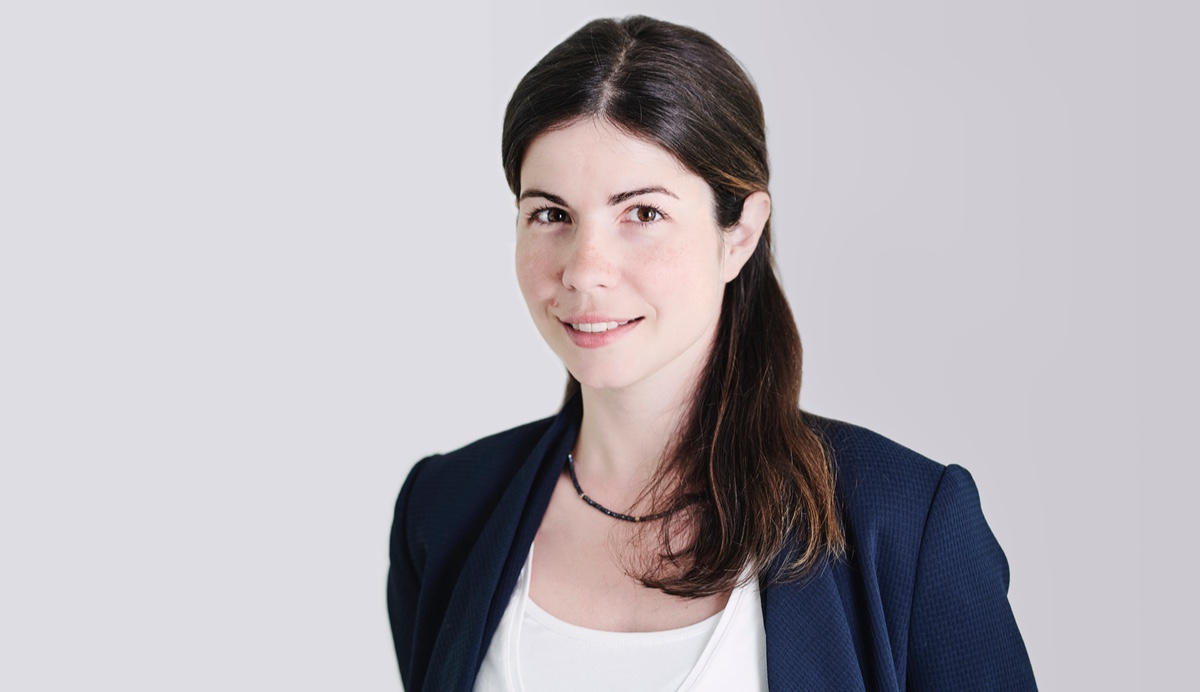What is a family firm, and what makes them different? This month we talk to Dr Melanie Richards about her work on CSR and family firms, and her plans for future research.
You’re a Senior Lecturer in the School of Management – tell us a bit about your background and how you got here?
Before I was an academic I was a management consultant for two years. I’d previously done my MSc at Bath, in International Management. I missed the academic side, so I ended up going to Switzerland to do my PhD at St Gallen University. I focused on family businesses. During my PhD I was a visiting scholar at Cass Business School, working with Jean-Pascal Gond. And then eventually I ended up working back in Bath.
What are you working on at the moment?
My main focus is on family firms – I’m interested in the principles that drive them, how non- economic goals interact with economic ones and how being a family firm shapes its legitimacy.
With my co-author I presented a paper at the EGOS conference this July, which looks at anti-corruption and the role of conformity. It’s about conforming to expectations versus the need to stand out. Family firms want to conform because they want to protect the family name – they don’t want to stand out for the wrong reasons. But in some respects the family name protects them so they can do things in their own way.
In general, their motivations are different from other companies, because they want to make things secure for the next generation and they have an emotional attachment to the longevity of the firm. There’s also no restriction on power – the owners of family firms can make decisions according to their own values. And their approach to sustainability might be different too. Some of these firms have supply chains built up over several generations, so those personal connections give an added incentive to protect the future of the firm.
We often think of “family firms” as being small, family run businesses – but is that always the case?
No, some of our most familiar brand names and biggest companies are family firms, and many of them are really interesting in terms of how they manage CSR. HiPP, for example, the baby food company, is a family firm in its fourth generation, and is an organic pioneer. It’s been organic since 1956, even though modern "factory farming" became highly popular throughout the 1960s.
Another interesting example is Richersounds. Julian Richer recently announced an ownership transfer to his staff because he wishes to honour the enormous contribution of his employees to the continuous success of his business. Richer has no children to take over the firm, but very often, family firms have long-term, binding ties to their employees, who are perceived to be part of the extended family.
Does your family have a background in business – is that where your interest came from?
Yes, there is a family business so perhaps in some subconscious way that influenced me. But also, looking at careers after graduation in the Big Four, and working in a global consultancy firm in London – it brought home how different family firms are from those types of businesses. Family firms have a unique way of working together – it feels more sustainable, more genuine. So that’s what I’ve been really interested to explore.
What piece of work are you most proud of?
I did some work on the chocolate industry looking at the legitimacy threat. I found that firms that rely on domestic, family values in their communication are less likely to have certifications from partners like Rainforest Alliance or the Fairtrade Foundation. They rely on trust and honesty rather than external control. Often, the context of these firms is very different, particularly for long standing, multi-generational firms – the sense of domesticity is very strong. So they’re less likely to sign up to or conform to external principles.
My paper on this research was published in the Journal of Management Studies, and I’m proud of it because it came from an actual problem or idea – I had no sense of what the data would be, it was just something I thought about and wanted to explore. I started by thinking about the impact, not looking for a gap in the literature or anything. But then it became a paper with a genuine theoretical contribution.
Who have you worked with who has most inspired you?
The people I worked with in St Gallen were really inspiring. My supervisor Thomas Zellweger really helped me to develop a passion for research. And then there were the people who were slightly more senior than me, the then Assistant Professors Nadine Kammerlander and Philipp Sieger. I learned something every day just sitting in the same room as them. It was great to see how excited they were by research – it’s easy to become isolated as a PhD student so it was great to have that contact with others. And then my time at Cass exposed me to CSR – that was how my current interest was really developed.
What do you like most about being in Bath?
It’s super friendly. You get lots of responsibility, and the freedom to develop research. It’s a really good community with a strong collegiate atmosphere. I also enjoy the teaching side – I teach entrepreneurship to Postgrad students. When I was younger I thought about a career as a schoolteacher. But the great thing about teaching in academia is that alongside the teaching you also do research so you’re always learning and developing your knowledge.
What are your future plans?
I want to continue with my focus on family firms. I’d like to publish more empirical and theory papers and make a noticeable contribution to the literature. I’d like to reach out to more family firms in this area, and to get a better understanding of family firms in the UK.




Congratulations and thought provoking. Best wishes, Paul.
Well done on your work! Some of the most ethical and best companies to work for are family run.